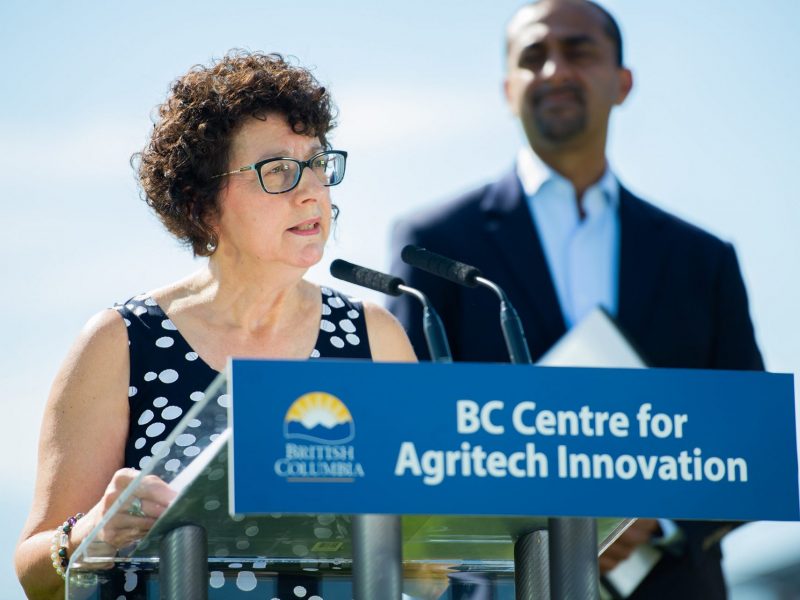There are strange things done ‘neath the midnight sun, but no one’s expecting agriculture ministers from across the country meeting in the Yukon this week to strike gold.
Rather, a survey by the Angus Reid Institute in partnership with the Canadian Agri-Food Policy Institute (CAPI) and supported by the Global Institute for Food Security (GIFS) at the University of Saskatchewan find that farmers’ top three concerns are largely impossible for government to fix.
This includes the policy and regulatory environment that government believes is its chosen field, as well as trade barriers and protectionism. Weather is the third overarching challenge.
“Fewer than 15% of those in the sector have confidence in government to solve any of the three, while fewer than 22% say they have confidence in private sector solutions,” according to the study, released July 16.
Of course, this doesn’t stop hope from flourishing.
The survey of 500 industry stakeholders found that most believed trade policy, climate change adaptation as well as research and development projects should be the focus of government activities.
Despite the challenges associated with the work, confidence among those charged with undertaking the work is high. The survey found that “those in government are more confident in government problem-solving.”
The confidence also points to the high level of optimism across survey respondents, 62% of which feel positive about the sector’s direction versus 21% reporting pessimism.
This week’s conference of federal, provincial and territorial agriculture ministers wraps up July 19, with a final press conference that will recap the week’s discussions and key decisions.
While the Yukon is not a major production area in Canada, delegates to the conference will have a chance to engage in farm tours and learn more about this dynamic corner of Canada.
In 2020, the BC and Yukon governments signed a memorandum of understanding to work more closely together to grow the farm sector.
Targets included developing a farmer/rancher forum that supports networking, knowledge transfer and business relationships; developing and sharing expertise around farm management in remote settings; and increasing producers’ access to processing and retail markets and shared inspection services by increasing access to meat inspections through shared inspection services or mobile abattoirs.


 BC Milk caught out
BC Milk caught out